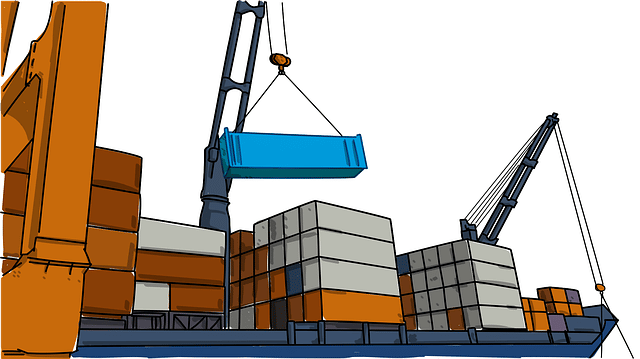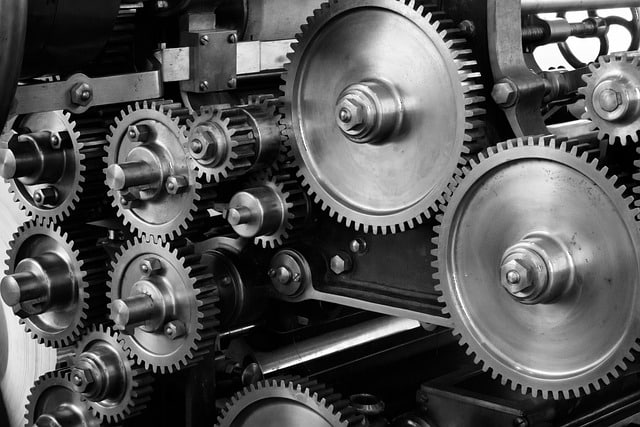
Import substitution is an economic model that aims to minimize the amount of products purchased abroad.
Substitution is a term that the dictionary of the Royal Spanish Academy ( RAE ) also accepts as a substitution . The concept, coming from the Latin word substitutio , refers to the act and result of substituting : replacing, replacing or changing something.
Meanwhile, the product that enters a country from a different country is called import . Imports , in this way, are raw materials, objects, etc. who arrive in a region from abroad.
What is import substitution
The economic model that is based on promoting local production to minimize what is acquired abroad is known as import substitution . In this way, it seeks to promote national economic development and reduce dependence on other countries .
Import substitution, therefore, is directly associated with industrialization . It is understood that a nation develops when it is in a position to carry out the transformation of its raw materials. Thus, instead of exporting raw materials and importing industrial products, it carries out the processes and activities of the industry in its own territory.
It is important to keep in mind that raw materials usually have a lower price compared to industrial products. The country that sells raw materials and buys industrial products, in this way, suffers a negative imbalance in the balance of payments .

To promote import substitution, it is essential to promote national industrialization.
Origin of this model
The world wars were key moments in promoting the import substitution model. This is linked to the lack of availability of the items produced at that time by Europe 's industrial potential, involved in war conflicts.
For this reason, peripheral countries were faced with the need to produce locally what they could no longer obtain abroad. Although the historical periods of wars and post-wars functioned as a stimulus, the decision to substitute imports was also related to ideological and political will issues .
However, the first import substitution plans are much older. In the 16th and 17th centuries , with the rise of mercantilism , there were nations that aimed to achieve a favorable balance in the trade balance, limiting themselves to acquiring only what was essential abroad .
Policies associated with import substitution
To encourage import substitution, governments can apply different measures. One of the most common is to establish import tariffs .
Maximum quotas can also be decreed so that it is not possible to import certain products without control. These types of initiatives aim to make importation itself more difficult.
Simultaneously, it seeks to encourage domestic production with tax exemptions , subsidies and facilities for access to credit lines . In short, we are working on two facets at the same time: imports are discouraged and production is encouraged.
At a general level, it is usually indicated that import substitution contributes to the creation of SMEs, boosts employment growth and reduces dependence on foreigners. As negative aspects, the prices of industrial products increase and oligopolies or State monopolies usually emerge.
